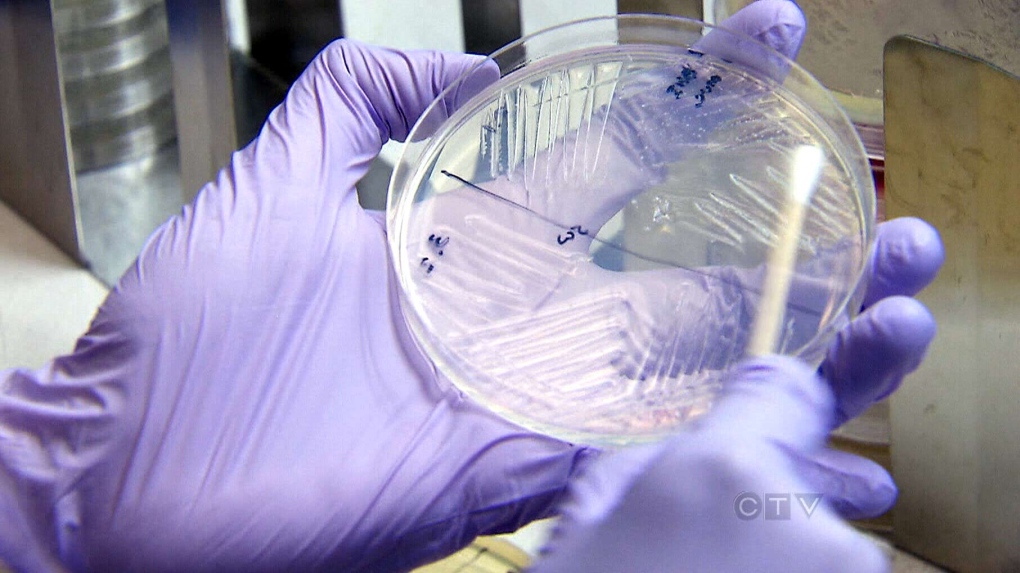
Can fecal transplants improve treatments for deadly type of cancer?
CTV
Pancreatic cancer is known to be a difficult form of cancer to treat, but scientists at Lawson Health Research Institute (Lawson) are studying new forms of treatment and the secret may come from an unexpected source.
Pancreatic cancer is known to be a difficult form of cancer to treat, but scientists at Lawson Health Research Institute (Lawson) are studying new forms of treatment and the secret may come from an unexpected source.
The team of researchers is now looking at fecal transplants, yes that means poop, and the microbiome in the gut as a possible way to improve treatment outcomes.
“Pancreatic cancer is very hard to treat, partially because when it’s detected, the cancer is usually in a later stage and spreads very quickly,” explains Dr. John Lenehan, with London Health Sciences and Lawson. “Our best chemotherapy treatments for the average patient, will give them a little less than a year to live.”
The study is being led by Dr. Saman Maleki with Lawson and the team is looking at if changing the guy microbiome through fecal transplants can get a better response to cancer treatments.
“We know that the microbiome plays an important role in patients’ response to various forms of systemic treatments such as immunotherapy and chemotherapy for different cancers,” says Dr. Maleki.
Fecal transplants involve collecting stool from a healthy donor, preparing it in a lab and safely transplanting it to the patient with a capsule.
The idea is that healthy bacteria will colonize in the patient’s gut.
